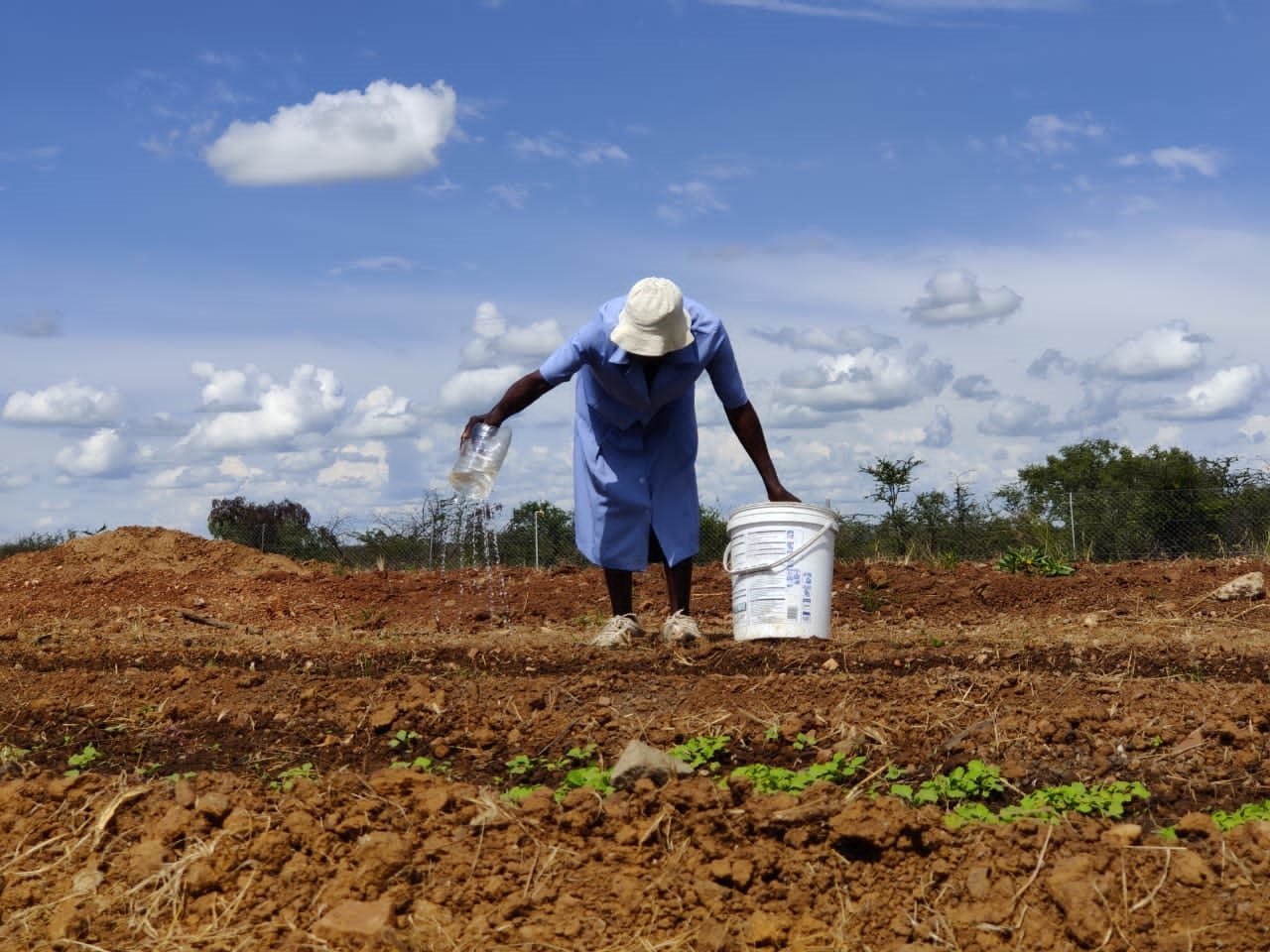Branton Matondo
Zvishavane- With poverty percentages reaching levels of high magnitude especially during the Covid-19 epoch, a Non-Governmental Organization (NGO) Hope of a Child in Christ (HOCIC) has taken the initiative of assisting and changing marginalized communities by initiating community based projects with the aim of combatting orphans and vulnerable children (OVC) with the right skill set.
HOCIC has been in the mix for 27 years having laid its foundation back in 1995.
In an engagement with media and various stakeholders on a Peer to Peer platform week under the efforts to eliminate all forms of Violence Against Children, HOCIC Project Officer Gabriel Hategekimana said the organization has already motioned a five staged strategic plan that seeks to curtail poverty crisis in low point places. He said target is mainly focused on orphans and vulnerable children (OVCs).
“HOCIC poverty reduction strategies are targeted at assisting OVCs through directly reaching them through food assistance. Whilst this is a mitigating strategy of poverty, we understand its sustainability challenges hence the food security and livelihoods programme intends to ensure and strengthen resilience building through nutrition gardens where we integrate Water Sanitation and Hygiene through community water provision.
“HOCIC is about to turn national when it comes to outreach programmes which have covered disadvantaged communities as far as Bulawayo, Umguza, Matobo, Umzingwane selected Bulawayo and Midlands peri-urban are some of the places the organization has initiated life community driven projects.
“There are nine gardens dotted around these places. Disadvantaged women and youth have found a green leaf out of the initiatives a move that has seen participants receiving empowerment,” he said.
He added that women in these effected areas have since become household heads through a packaged plans meant to conjure development.
“For the past five years, our Self Help Group Approach (SHGA) intervention has established successful village internal savings and lending where groups of women have established income generating activities where their household incomes have improved.
“They have realised sustainable incomes through small businesses and some have wise investments such as Crèches, supply shops with wares and are involved in a variety of economic activities. These are aiming a litany of poverty reduction interventions we are implementing,” added Hategekimana.
The organisation is guided by its strategic plan 2020 to 2025 which has five thematic areas namely food security and livelihoods, women economic empowerment, life skills and education support, psycho-social support and public health and nutrition.
An estimated 42-66 million children have and continue to fall into extreme poverty as a result of the global pandemic this year, adding to the estimated 386 million children already in extreme poverty in 2019.
However, recent findings have revealed that ,Poverty, Income, Consumption and Expenditure Survey (PICES) in 2020 highlight that COVID-19 imposed restrictions, including lockdown measures have negatively impacted on Zimbabwe social fabrics including increase of extreme poverty shrinkage of sources of income (46%), reduced food sources and security (47%) and its acolytes such as school dropouts, child sexual violence and GBV.
Orphans and vulnerable children (OVC) have also been at the centre of HOCIC projects as the latter has taken the humanitarian initiative of assisting OVC’s but HOCIC calls for the media to chip in and spread the community gospel.
According to a report carried out by the organisation, OVC’s in Zimbabwe have spiked. The investigation indicates that death of parents due to HIV /AIDS, immigration and displacement, disability and poverty.







